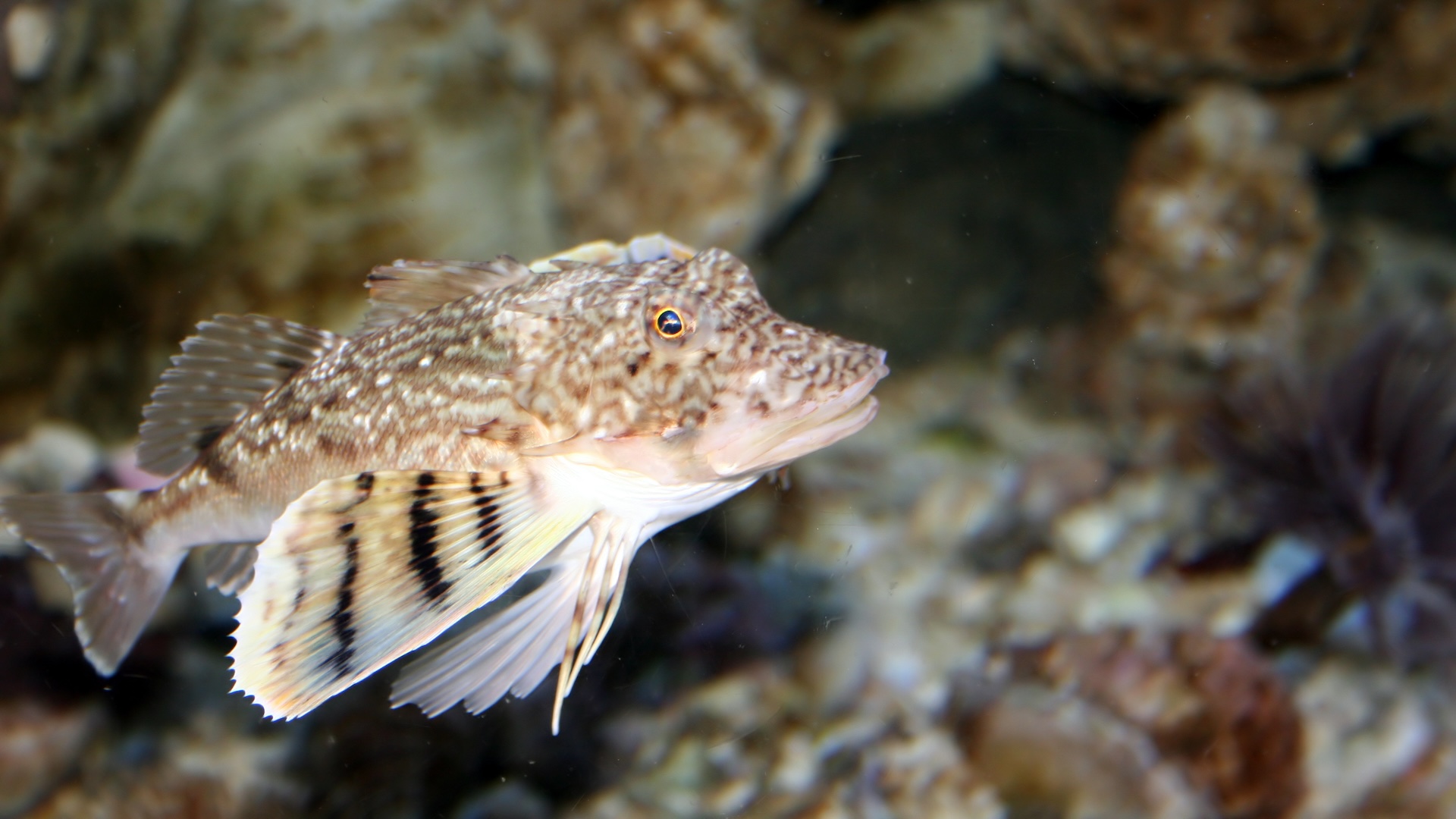Animals, Vol. 13, Pages 1862: Effects of Environmental Enrichment on the Behavior of Octopus vulgaris in a Recirculating Aquaculture System
Animals doi: 10.3390/ani13111862
Authors: Casalini Gentile Emmanuele Brusa Elmi Parmeggiani Galosi Roncarati Mordenti
Octopus vulgaris is a commercially valuable species. It is overexploited in the natural environment and is considered to be an innovative species for aquaculture. However, large-scale farming is generally designed only based on economic requirements, disregarding any form of enrichment that induces the natural behavior of aquatic species. Although many studies have shown the influence of environmental enrichment on terrestrial vertebrates, fish, and cephalopod mollusks, information on the effect of environmental enrichment on the body patterns of O. vulgaris is limited. Therefore, in this study, we assessed how different environmental conditions (Basic vs. Enriched) affect sub-adults of O. vulgaris kept in recirculation systems, through qualitative–quantitative studies of the main body patterns and their potential application in the commercial production of this species. The results indicated that octopuses kept in the enriched environment showed several body patterns and gained a significantly higher weight than those kept in the basic environment. The body patterns displayed by the individuals kept in the basic environment were similar to those exhibited under situations of hostility and inter/intra-specific conflict. Hence, the environment of octopuses needs to be enriched, especially for the large-scale production of this species.

 1 year ago
27
1 year ago
27


